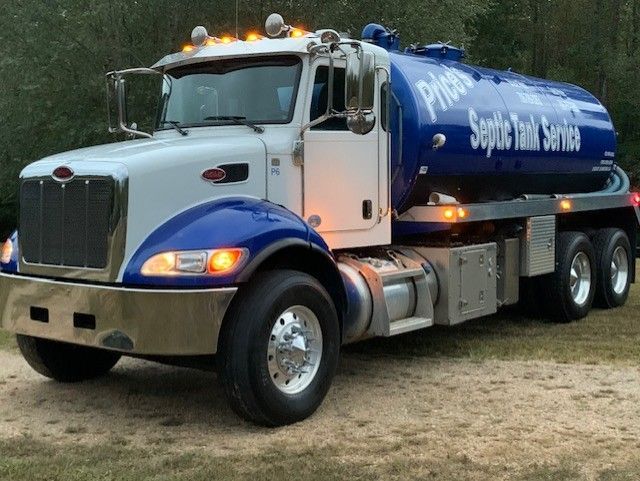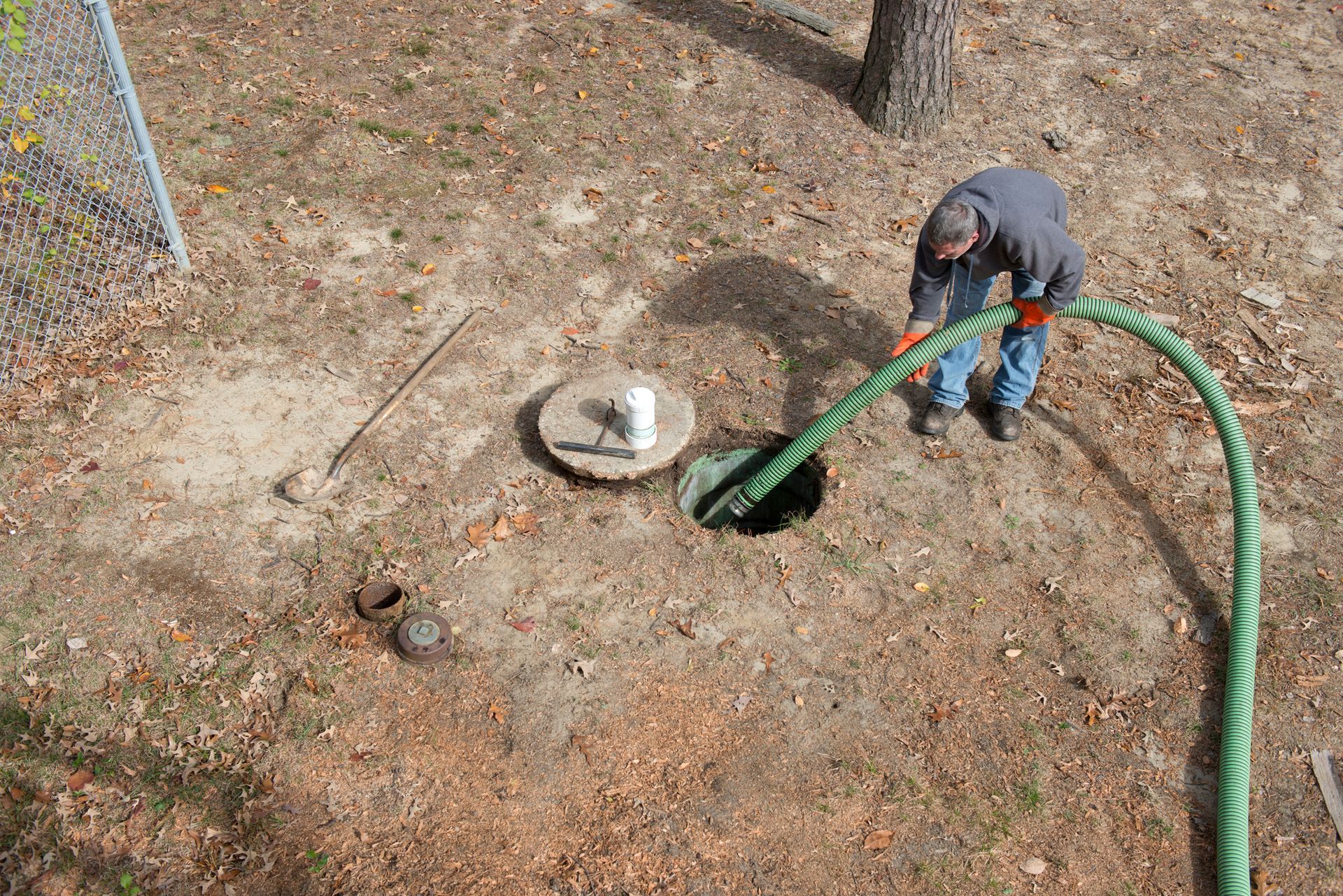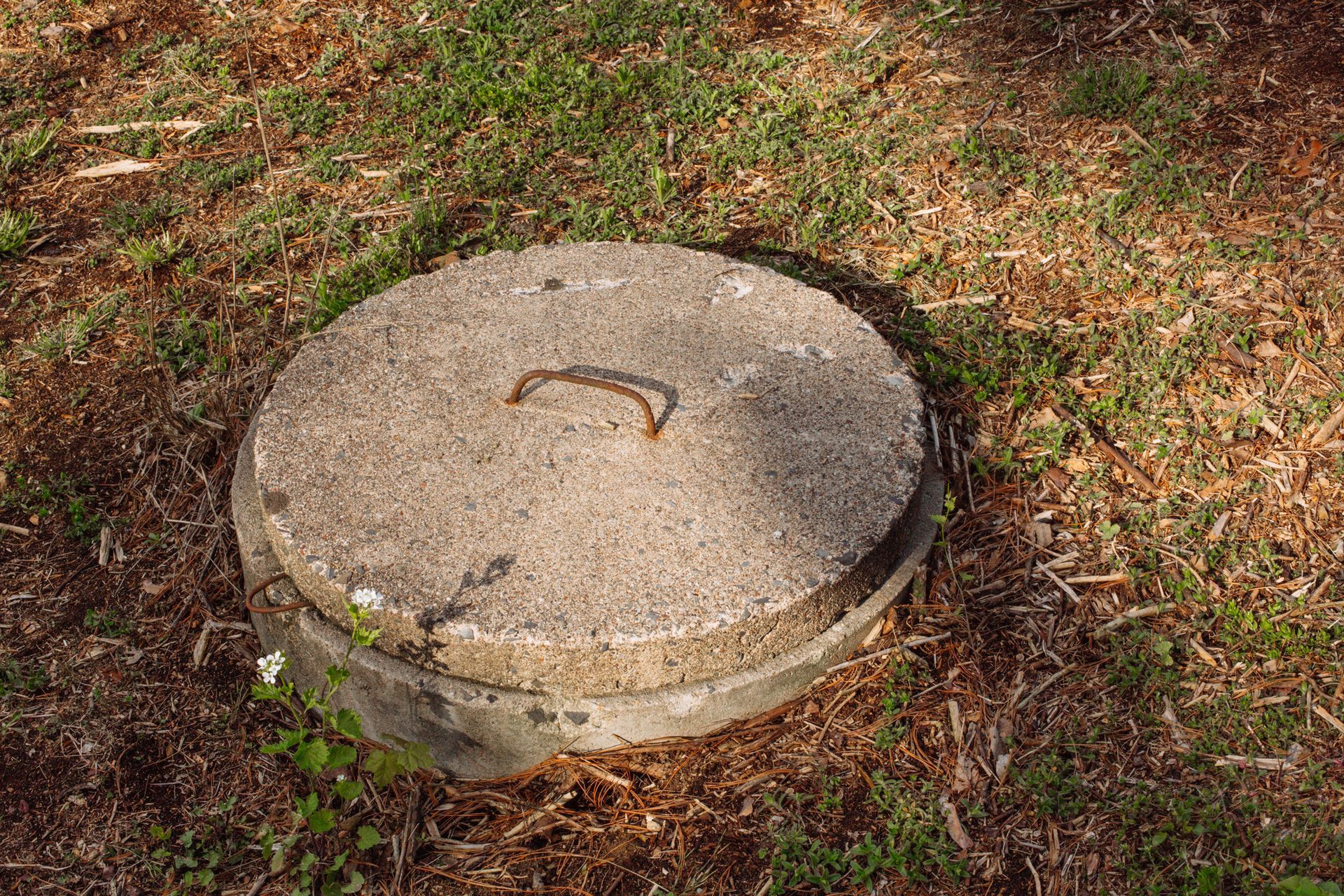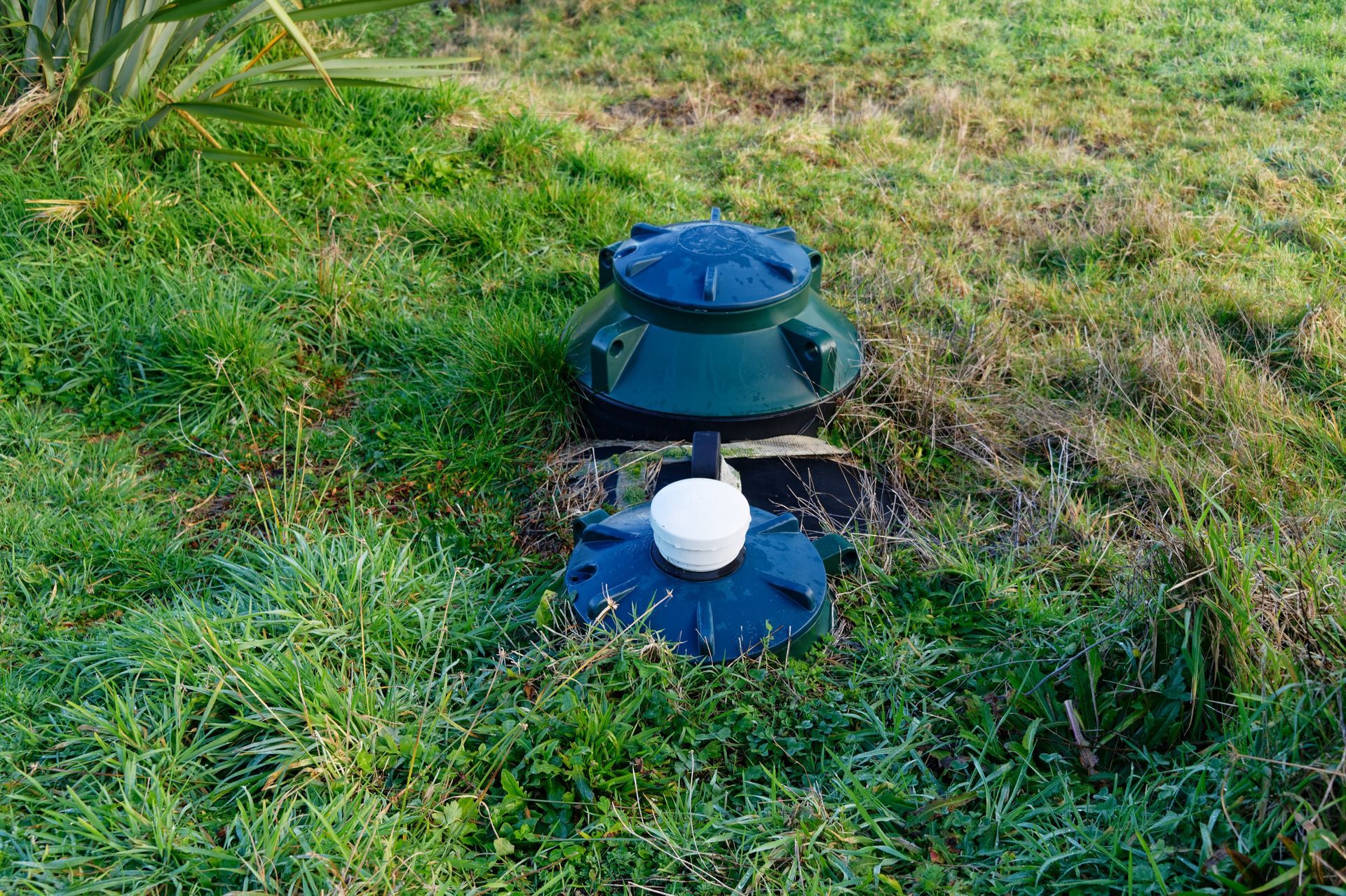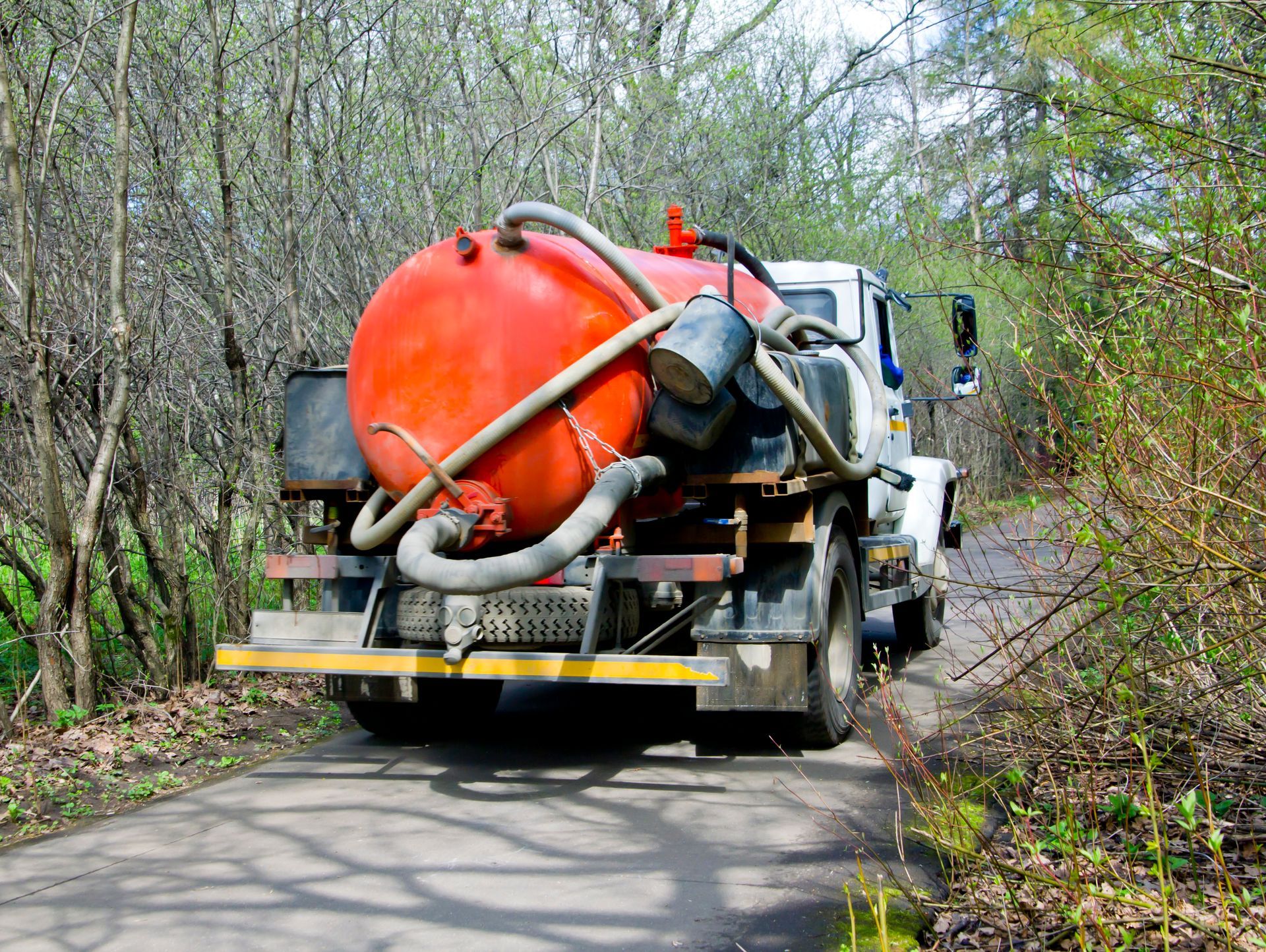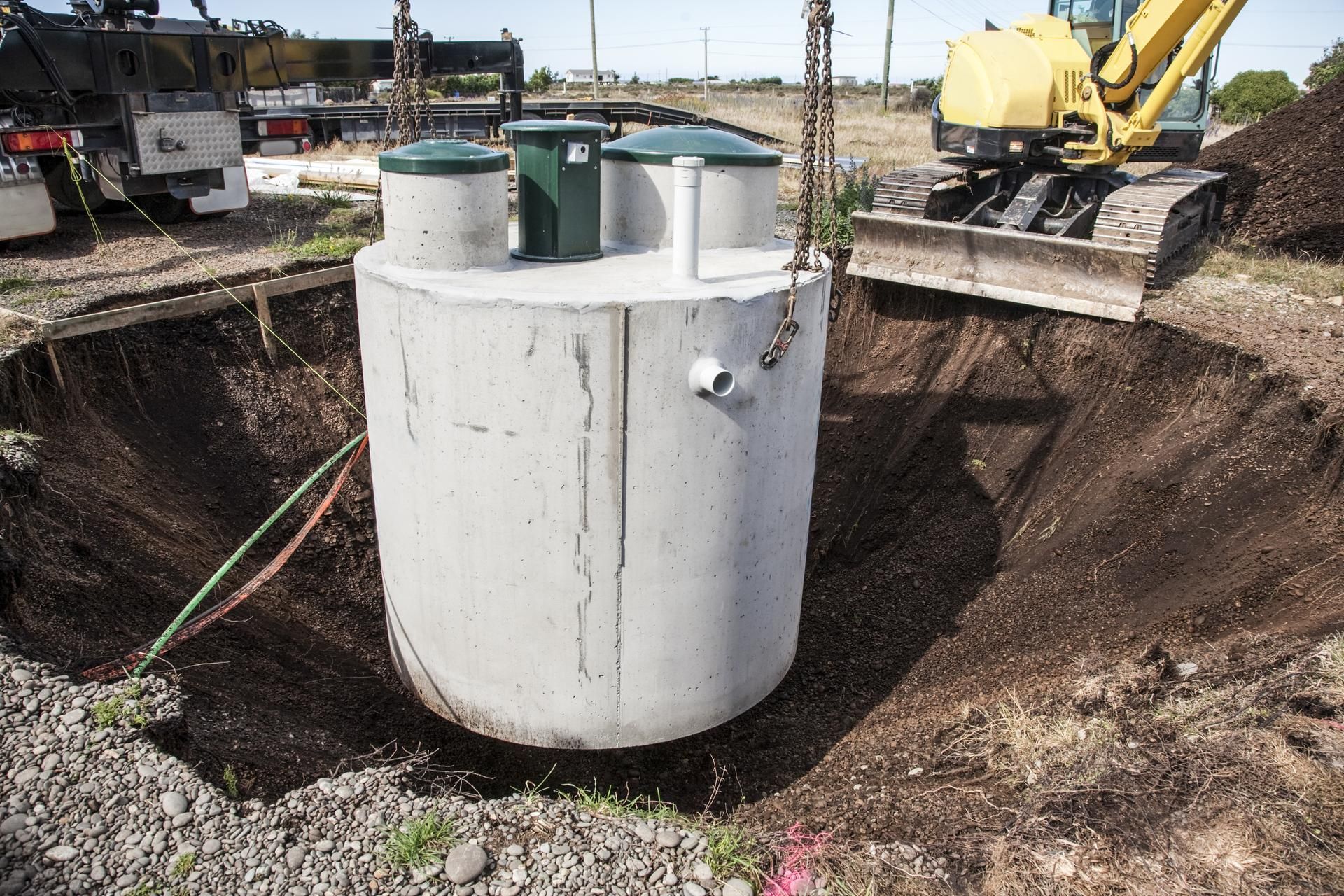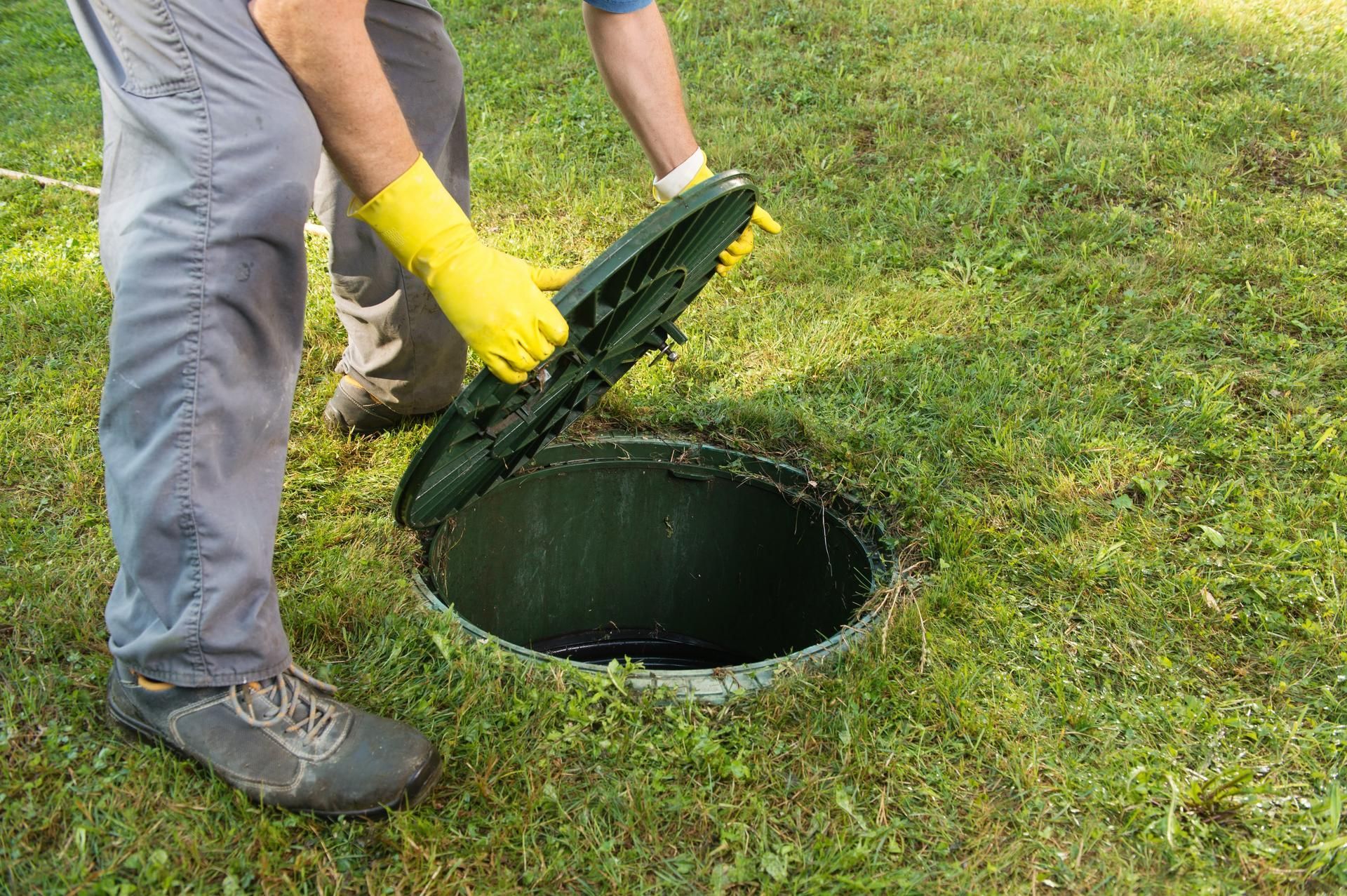Essential Considerations for Installing a Septic Tank
Installing a septic tank is a significant decision for homeowners, one that requires careful consideration of multiple factors. A septic system plays a crucial role in managing waste for properties that are not connected to a municipal sewer line. When contemplating this installation, it is essential to evaluate several aspects to ensure compliance with regulations, financial feasibility, and long-term effectiveness.
This blog will delve into important considerations to keep in mind when installing a septic system on your property.
Understanding Local Regulations and Permits
One of the foremost considerations is understanding the local regulations governing septic tank installations. In Georgia, specific permits are required before installation can commence. This requirement ensures that your home’s waste disposal system complies with local health and safety standards. It is advisable to contact your local health department or environmental agency to acquire the necessary information about zoning laws, soil testing requirements, and design specifications. Each locality may have distinct rules, making it essential to conduct thorough research tailored to your area.
Evaluating Soil Conditions
The soil's characteristics on your property will significantly influence the feasibility of a septic tank installation. Soil quality affects the absorption and treatment of wastewater, so testing the soil is paramount. A soil assessment will help determine its drainage capabilities, permeability, and depth to the water table. Clay-rich soils, for example, can hinder wastewater absorption, while sandy soils often provide better drainage. Engaging professionals to conduct these tests is recommended to ensure accurate results and appropriate system design that fits your property’s unique conditions.
Choosing the Right System Design
Selecting the right septic system design is another crucial consideration. Various systems are available, including conventional, aerobic, and alternative systems, each suited to different soil types, property sizes, and waste volumes. Conventional systems, for instance, are typically designed for properties with adequate space for drain fields. Alternatively, innovative systems like aerobic treatment units can be a viable solution for smaller lots or difficult soil conditions. Collaborating with septic tank services can provide necessary insights into which design is most appropriate for your property, balancing efficiency with regulatory compliance.
Costs and Long-Term Investment
The financial aspect of installing a septic tank extends beyond the initial setup costs. Homeowners must evaluate not only the price of the system itself but also the costs associated with installation, permitting, and ongoing maintenance. Understanding the total financial commitment can prevent unexpected expenses in the future. While conventional systems may have lower upfront costs, alternative systems could offer savings in maintenance or require less land. Furthermore, routine maintenance, including pumping and inspections, is necessary to ensure the longevity of the system. It’s pragmatic to budget for these ongoing costs as part of your long-term investment in property management.
Maintenance Requirements and Responsibilities
Another critical factor to consider is the maintenance required by a septic system. A well-maintained septic tank can last about 20 to 40 years, but neglecting regular inspections and required pumping can lead to significant issues. Homeowners should familiarize themselves with the signs of septic system failure, such as slow drains, unpleasant odors, or wet spots in the yard. Keeping accurate records of maintenance and repairs can greatly assist in managing the system properly. Septic tank services can provide periodic inspections to help catch potential problems early, extending the system's lifespan and ensuring reliable operation.
Environmental Implications
Lastly, it’s important to consider the environmental implications of installing a septic system. A properly functioning septic tank can contribute positively to water conservation, as it recycles wastewater for potential irrigation or non-potable uses. However, if the system malfunctions, it can result in soil and groundwater contamination, posing risks to public health and the environment. Implementing responsible practices, like regular maintenance and proper waste disposal, plays a vital role in enhancing the environmental benefits of your septic system.
The decision to install a septic tank on your residential property involves several key considerations. Engaging with reputable septic tank services throughout the process will provide valuable guidance, ensuring a smooth installation and ongoing system performance.
If you want to learn more about septic system installation, contact us at Price's Septic Tank Service.

